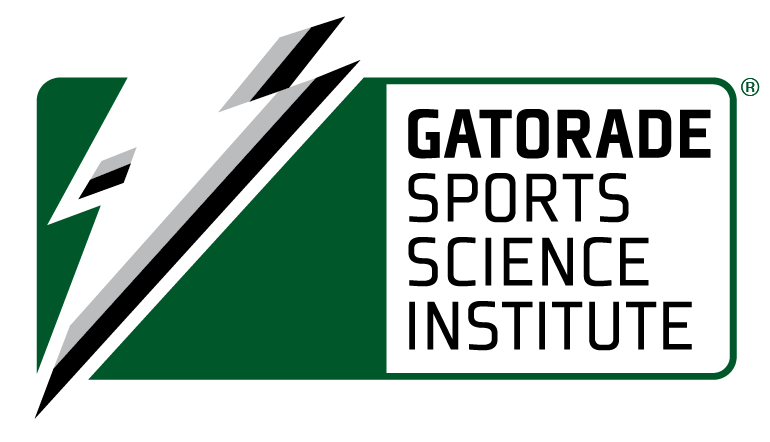The American College of Sports Medicine’s resource library offers a comprehensive collection of books, infographics, articles, videos, publications and more for ACSM members and the public about sports medicine and exercise science.
Presented by: Miss the webinar? Access it here along with the opportunity for 1 CEC. Questions answered by: SW: Shawn
Call for applicants: Basic Science research travel award to the ACSM Annual Meeting Now is the time for undergraduate, graduate,
Weighted vest use has garnered wide-spread popularity, with many internet influencers and social media proponents promoting health and fitness claims.
State legislatures across the country are advancing proposals that incentivize physical activity, recognize fitness services in tax policy, and integrate

This session explores the physiology of hydration through an integrated lens—examining how carbohydrate, sodium, flavor, and fluid interact to influence intake, absorption, retention, and performance. We’ll review current research on fluid balance, osmotic drivers, and palatability, highlighting mechanisms that underpin voluntary intake and thermoregulation. Attendees will gain insight into individualized strategies, including sweat profiling and timing approaches, to optimize euhydration and mitigate performance decrements associated with >2% body-mass loss. Practical applications will be linked to laboratory- and field-based research, ensuring translation from bench to field. This pre-conference equips you with evidence-based tools to support athlete hydration across diverse environments and sporting contexts.